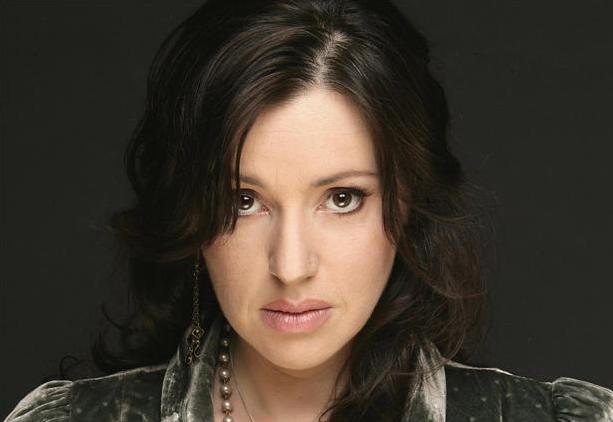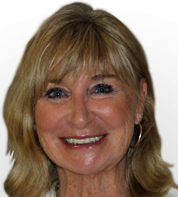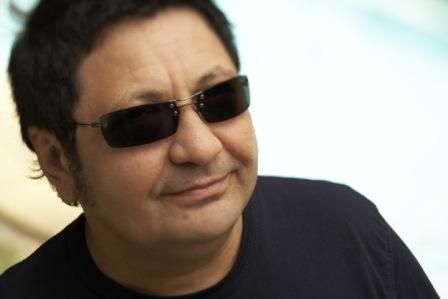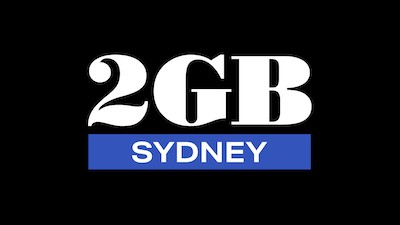Heritage airplay is not a gender issue

Commercial Radio is often an easy target for criticism; airplay for Australian music, support for new music, dayparting, online streaming royalties.
Some of that criticism is fair, and some is not. The most recent criticism comes courtesy of Tina Arena, who has a new album out (reset).
Arena has stated that the Australian music industry is biased against females who have to work harder than males to achieve success.
Arena has said; “It is very difficult to be a female in the industry in Australia, yes absolutely.
There are a hell of a lot more stumbling blocks in your path and whether they are there purposely or not women have to work unbelievably hard to have recognition in this country because it is predominantly an industry that is run by men.”
She has been supported by a number of musicians who agree, including Jenny Morris, who said; “It’s very rare to hear women played back to back on the radio where male artists get played back to back as a rule”
ARIA Chairman Dan Rosen had a different view; “Obviously Tina Arena is a legend [but] I think she had pretty good success here before she moved away.
We are seeing fantastic opportunities for artists here in Australia and internationally … regardless of gender. The most important thing is the quality of the work people produce”
 Former 2Day and Mix programmer, and now Director of International Media, Cheri Romaro (left) took the comments from Tina Arena a step further, suggesting that Commercial Radio is ‘ageist’ towards female artists;
Former 2Day and Mix programmer, and now Director of International Media, Cheri Romaro (left) took the comments from Tina Arena a step further, suggesting that Commercial Radio is ‘ageist’ towards female artists;
“They (women) face a range of obstacles, age, music genre, lack of compatible radio formats, [a perceived] old tired brand image or resistance from commercial music directors who believe they “just don’t fit”.
Legendary Australian artists such as Wendy Mathews, Tina Arena, Marcia Hines, Renee Geyer and Kate Cebrano, find it almost impossible to gain significant radio airplay with their new releases”
So is Cherie right? Well yes, but only half right.
It is difficult for older female artists to have their new music exposed on commercial radio, of that there is no question. However, it is equally difficult for older male artists to achieve airplay.
For every Tina Arena, Jenny Morris, Kate Ceberano, Renee Geyer and Wendy Mathews, there is a Daryl Braithwaite, Mark Seymour, Jimmy Barnes, Paul Kelly and Richard Clapton (below).
All great singers, all consistently releasing new material, all receiving minimal commercial radio support. Some male and some female.
Heritage artists receiving airplay, or not, for their new material has nothing to do with gender.
 Heritage artists, both male and female, struggle for airplay on contemporary stations in Australia, just as they do in New Zealand, the UK and the US. It is the reality in most markets around the world, and it is unlikely to change.
Heritage artists, both male and female, struggle for airplay on contemporary stations in Australia, just as they do in New Zealand, the UK and the US. It is the reality in most markets around the world, and it is unlikely to change.
If you’re programming a CHR and you have a spot on your C-list, what’s more likely to get the nod; Havana Brown Warrior, or Tina Arena Reset All?
If you’re programming an Adult format, and you have a (rare) spot on your list for a new song, what’s the priority; One Republic Something I Need, or the new Richard Clapton song?
It’s got nothing to do with personal taste, personally I love Richard Clapton, he’s one of Australia’s iconic singers – ‘best years of our lives’….brilliant song!
Heritage artists will, on the right format, get strong airplay for their catalogue material. However the reality is that their new music will struggle for exposure.
Is it fair? Probably not.
Is it the reality? Yes.
Will it ever change? Unlikely.
So whilst Tina Arena and Jenny Morris’s comments were, broadly, centred on it being more difficult for females to make it in the music industry, and it is true that at times, unfortunately, it can be a ‘boys club’; Cherie Romaro took it on a tangent through her comments that Commercial Radio is biased against older female artists.
Commercial Radio airplay for heritage female artists is certainly tough for women, but equally it is tough for males.
It’s a shame that in an attempt to make what was a fair, albeit unwinnable, point about the lack of airplay for heritage artists new material, it was positioned as a gender issue.
Read the original article in Fairfax here.
|
Dan Bradley is Executive Director of Kaizen Media; a boutique international radio consulting and artist management company, working with radio stations, media talent and music artists. You can contact Dan here. |
 |
 |


